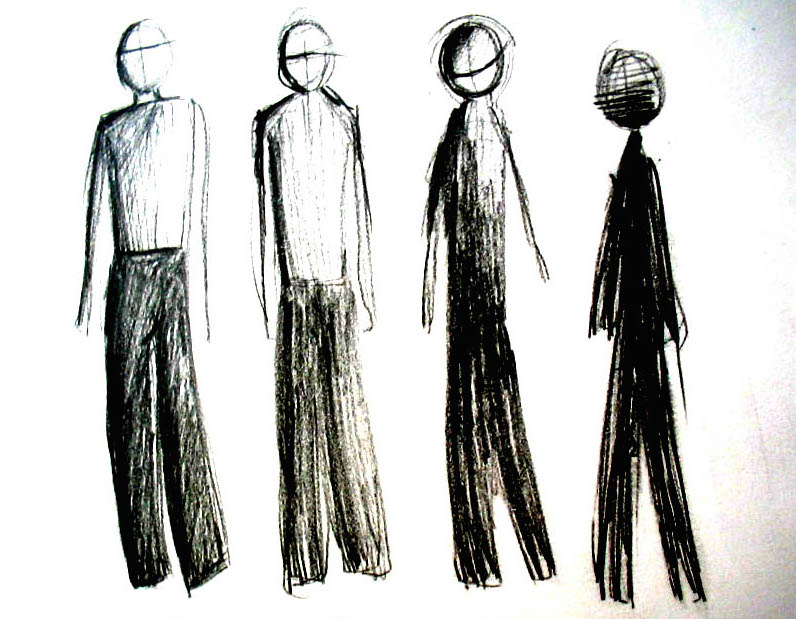What are the facts regarding teenage suicide?
• More teenagers and young adults die from suicide than from cancer, heart disease, AIDS, birth defects, stroke, pneumonia, influenza, and chronic lung disease.
• About 2/3 of people who complete suicide are depressed at the time of their deaths.
• Depression that is untreated, undiagnosed, or ineffectively treated is the number 1 cause of suicide.
• 80% -90% of teenagers that seek treatment for depression are treated successfully using therapy and/or medication.
What are signs of teenage depression?
- Sudden, abrupt changes in personality
- Expressions of hopelessness and despair
- Declining grades and school performance
- Lack of interest in activities once enjoyed
- Increased irritability and aggressiveness
- Withdrawal from family, friends and relationships
- Lack of hygiene
- Changes in eating and sleeping habits
- Preoccupation with death
What other signs should I look for?
- Struggles with depression.
- The individual is being bullied
- Complains of being a bad person, or not worthy.
- Experiencing a recent loss – a loved one, relationship, etc.
- Feelings of loneliness or abandonment
- Feelings of shame, guilt, humiliation or rejection
- Physical complaints, such as head-aches, stomach-aches, loss of energy, etc.
- Problems staying focused or paying attention
What if I know someone who is depressed and I think they might hurt themselves?
- Take threats seriously and take action:
- “I’d be better off dead.”
- “I won’t be bothering you much longer.”
- ”You’ll be better off without me around.”
- “I hate my life.”
- Be available to listen, don’t try resolve their problems or give advice.
- Keep a very close eye on a teenager who is depressed and withdrawn.
- Encourage them to reach out to people available to them.
- Encourage the individual to seek out a counselor.
How to take action:
- If someone is actively threatening to harm themselves, or you believe they may hurt themselves, YOU MUST TAKE ACTION. Call 911 IMMEDIATELY and notify a parent if it is a teenager. Even if they retract a suicidal threat, action must be taken.
- Please share the National Suicide Prevention Hotline and encourage people you know to do the same. This is a resource available 24/7 to everyone, not just those in crises, but also their friends and loved ones who are there to support them. 1-800-273-8255 or www.suicidepreventionlifeline.org
- If you are seeking a counselor and need help doing so, please call our offices at 210-481-3727 or reach out to us on our website at www.pacecounselinggroup.com.

